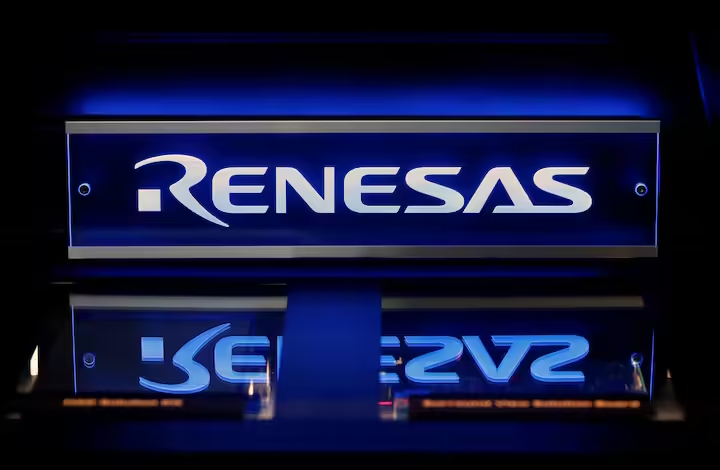The report also revealed that about half of the people surveyed representing 52.6 percent think corruption increased due to COVID-19.
“Three in every four, representing 75.0 percent of adults think corruption increased in Ghana in the two years preceding the survey with about half, representing 52.6 percent thinking corruption increased due to COVID-19.”
“The most frequently selected strategies for fighting corruption are improving living standards (45.1% of adults), improving the access to basic services for all (41.2% of adults), and introducing an anonymous reporting system against corruption (35.9% of adults).
“Less than half (46.5%) of adults in Ghana are aware of the major anti-corruption agencies i.e. Office of the Special Prosecutor, the Commission for Human Rights and Administrative Justice (CHRAJ), and the Organised Crime Office (EOCO).”
The findings add that 69.9% of Ghanaians, representing seven in every ten adults have more confidence in the religious and traditional justice system than the formal one.
“Seven in every 10 (69.9%) adults hold the view that the religious and traditional leaders’ system effectively protects the rights of every citizen, a figure that is 10.8 percentage points higher than those who agree that the formal justice system effectively protects the rights of every citizen (59.1%),” a statement from the GSS announced.
The findings also indicate that one in every three adults (32.6%) report that they do not feel safe walking around in their neighbourhood at night.
These findings were released as part of International Anti-Corruption Day (IACD) which is commemorated annually on 9th December.





















Discussion about this post